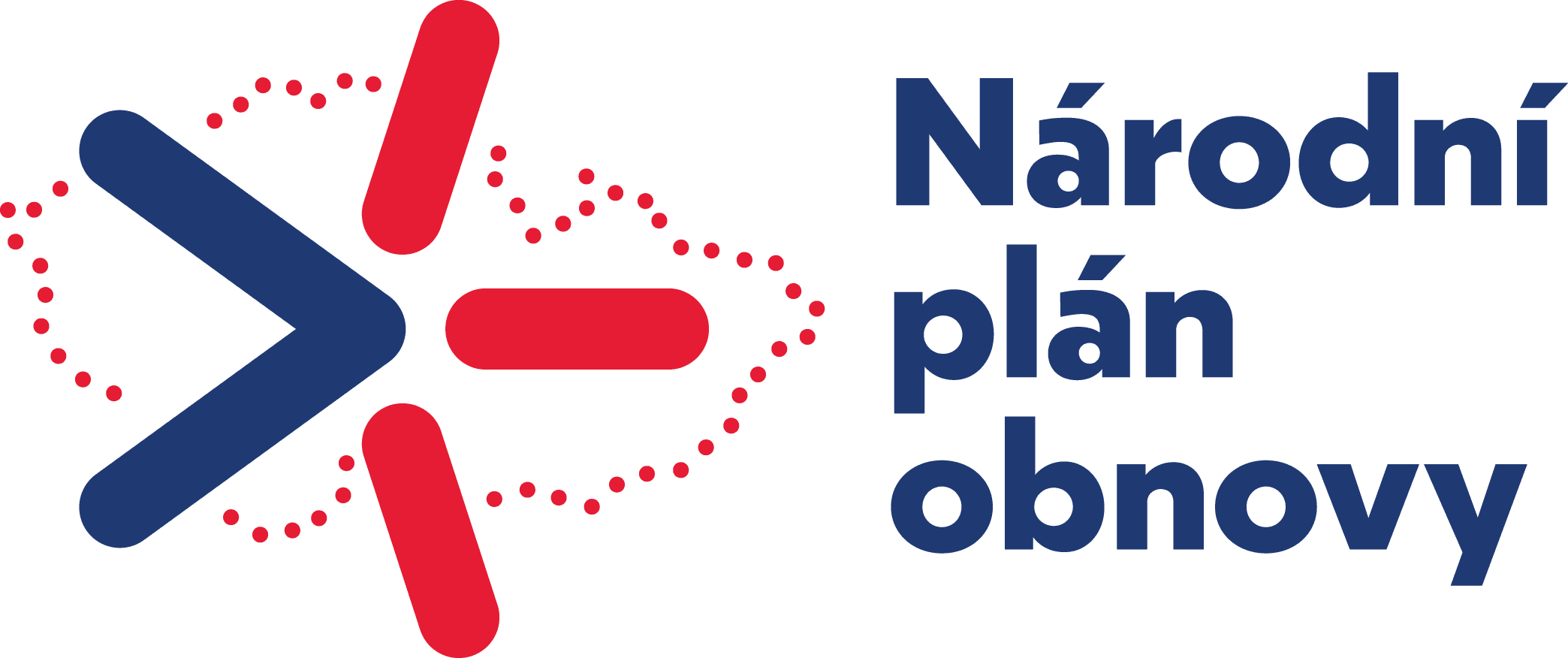Creative Minds
Ignite the spark, awaken your creative potential!
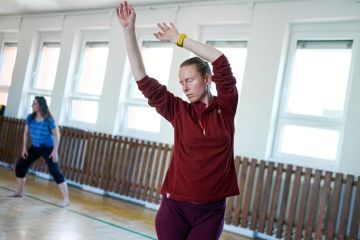
What is it?
The Creative Minds project is a key initiative of Budweis 2028, which aims to unlock the creative potential in each of us.
We believe that creativity is not just a gift for a select few, but a key competence for the 21st century, a spark that lies dormant in every person – and we are here to create the right environment and conditions for it to ignite.
Imagine a world where everyone, children and adults alike, has the opportunity and courage to discover, create and come up with new ideas. A world where we are not afraid of uncertainty, because precisely in moments of "not knowing" the most interesting discoveries and ideas are born. Our mission is to support and develop creativity in a wide target group – from children, pupils and students, through parents and grandparents, to artists, lecturers, creatives and teachers.
Why is the CREATIVE MINDS project part of the Budweis 2028?
We live in a time of rapid change and new challenges. The ability to think creatively, solve problems, collaborate, and adapt is not a luxury but a necessity. These are skills that help us not only navigate a complex world but also actively shape it for the better. The World Economic Forum (WEF) has long confirmed the enduring importance of creative thinking, which is seen as an integral part of a comprehensive set of key competencies for the future labor market. Creativity is the driving force behind innovation, enabling us to overcome obstacles and find new and innovative solutions to the complex global challenges of the 21st century.
Budweis 2028 reflects a strategic effort to link culture, education and innovation in a deeper way, which is essential for the long-term positive impact of the title on the development of the city and the region. The Creative Minds project thus serves as an active tool for fulfilling this vision, which aims to cultivate the creative potential of residents and strengthen the role of culture as a catalyst for social and educational change. Our core belief is simple: people are extremely creative, when opportunities and the environment allow them to be. We are not just about transferring knowledge, but about developing key skills for the 21st century, supporting growth mindset and strengthening belief in one's own abilities. We want to contribute to a more resilient, adaptable and imaginative society, while ensuring that the projects leave a lasting legacy in the region even after 2028.
We firmly believe that artists are transformative agents in the educational process. Their unique approach to problem-solving, natural creativity, and comfort with ambiguity can profoundly influence both pupils and students as well as teachers themselves. Our goal is to use art to open up new perspectives and seek new creative solutions to challenges and problems. Creative education, as we understand it, is not a traditional art club, nor is it merely art education. It is an interdisciplinary approach to learning that uses art as a tool and method for developing general creativity and complex competencies. We emphasize process, experimentation and playfulness, where mistakes are a natural part of learning. The goal is to create a stimulating and psychologically safe environment that encourages curiosity, perseverance, and critical reflection, with a high level of student participation. All this to better prepare the younger generation for a future full of uncertainty and rapid change. The project thus reflects current global views and trends in the field of creativity and education, as documented, for example, by reports from the World Economic Forum or the PISA 2022 survey.
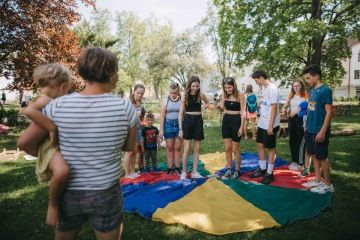
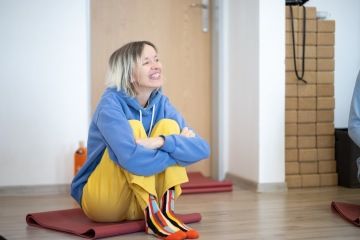
What are the outputs of this project for 2028?
By 2028, we aim to create a unique center for creative education in Budweis serving as a comprehensive and interconnected ecosystem for the development of creativity across generations.
Our vision is being realized through four interconnected pillars:
-
Edu.lab: Creative Education Laboratory: Our methodical and educational heart, where it all begins. Here we develop and test innovative approaches that connect culture and education. We train artists, creatives and lecturers in proven methods such as Creative Education, Creative Problem Solving and Design Thinking. We equip them with know-how, tools and self-confidence to effectively develop their own creative potential and the potential of others. Edu.lab is the engine of quality and innovation for our entire ecosystem and builds qualified capacities in the field of creative education in the South Bohemian Region.
-
Train the Trainers (TtT) model: Develops the teaching skills of artists and creatives so that they can design and lead creative education programs for schools. It is a 50-hour experiential program divided into seven meetings. Participation in TtT is free for Budweis 2028 project teams.
-
Program Design (PD) Model: Systematically prepares participants for the conceptual creation and design of effective creative education programs. It teaches the principles of Learning Design and Design Thinking, the analysis of target group needs, and the integration of relevant Budweis 2028 topics. It involves 48-50 hours of intensive work, including live meetings and homework, with the output in the form of a program pilot tested twice in schools. Participation in PD is also free for Budweis 2028 project teams.
-
Creative Teacher's Club: A model for regular meetings and training of teachers in the field of creative education, with the active involvement of artists and creatives.
-
School programs: Thanks to trained lecturers from Edu.lab, we bring creativity directly into elementary and secondary school classrooms. These are not one-off events, but well-thought-out programs that systematically develop key "creative habits of mind" – inquisitiveness, imagination, persistence, collaboration and discipline. Thematically, they are anchored in the Permaculture Budweis 2028 concept (Care, Connect, Create).
-
- Mille Formes Children's Museum (planned): We are preparing an inspiring and interactive space for the youngest children aged 0 to 6, where they will be able to freely discover experiment and develop their natural curiosity and imagination in a safe and stimulating environment. The project is in the preparatory phase, with 2026 and 2027 devoted to developing the museum concept and working on the first exhibitions. We have signed a cooperation memorandum with the city of Clermont-Ferrand, our French partner, where the original Mille Formes children's museum (founded in collaboration with the Centre Pompidou) is located.
-
Prototype Studio (planned): For older elementary school students (grades 8-9) and secondary school students, we are planning a creative studio where they can apply their acquired skills in solving real social challenges and projects using Art Thinking, Design Thinking, and Future Thinking methods. The goal is to guide students through a structured process from understanding the problem to designing its solution, which will provide them with practical skills applicable in life and in the job market. We will focus on developing the concept and initial formats in 2026 and 2027.
All these parts are interconnected and mutually enrich each other. The key for us is the environment. We create an atmosphere of psychological safety, playfulness, and support, where mistakes are a natural part of learning and an opportunity for growth. We encourage to experiment and to ask questions such as "How could we...?"
The project is implemented in a broader context and builds on strategies such as Budweis 2028, the Cultural Strategy of the City of Budweis, and the Regional Strategy for the Support of Cultural and Creative Industries. In all strategies, creativity and support for the interconnection of culture and education play an important role in promoting innovation.
Connecting Creative Minds with other institutions
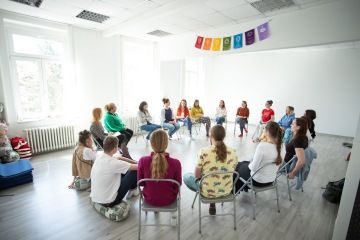
The Creative Minds project is closely linked to Budweis 2028 and reflects its strategic effort to deepen the connection between culture, education and innovation. We cooperate with the Faculty of Education of the University of South Bohemia in Budweis, where accreditation and the launch of courses for building teaching capacities are planned for 2026. We are also in contact with partners within an international network, such as the Mille Formes children's museum in Clermont-Ferrand, which is the inspiration for our Mille Formes children's Museum. Our goal is to become a model example of the connection between culture and education in the context of the Czech Republic.
Contact:
Curator and Project Lead Tomáš Novotný - tomas.novotny@budejovice2028.cz

